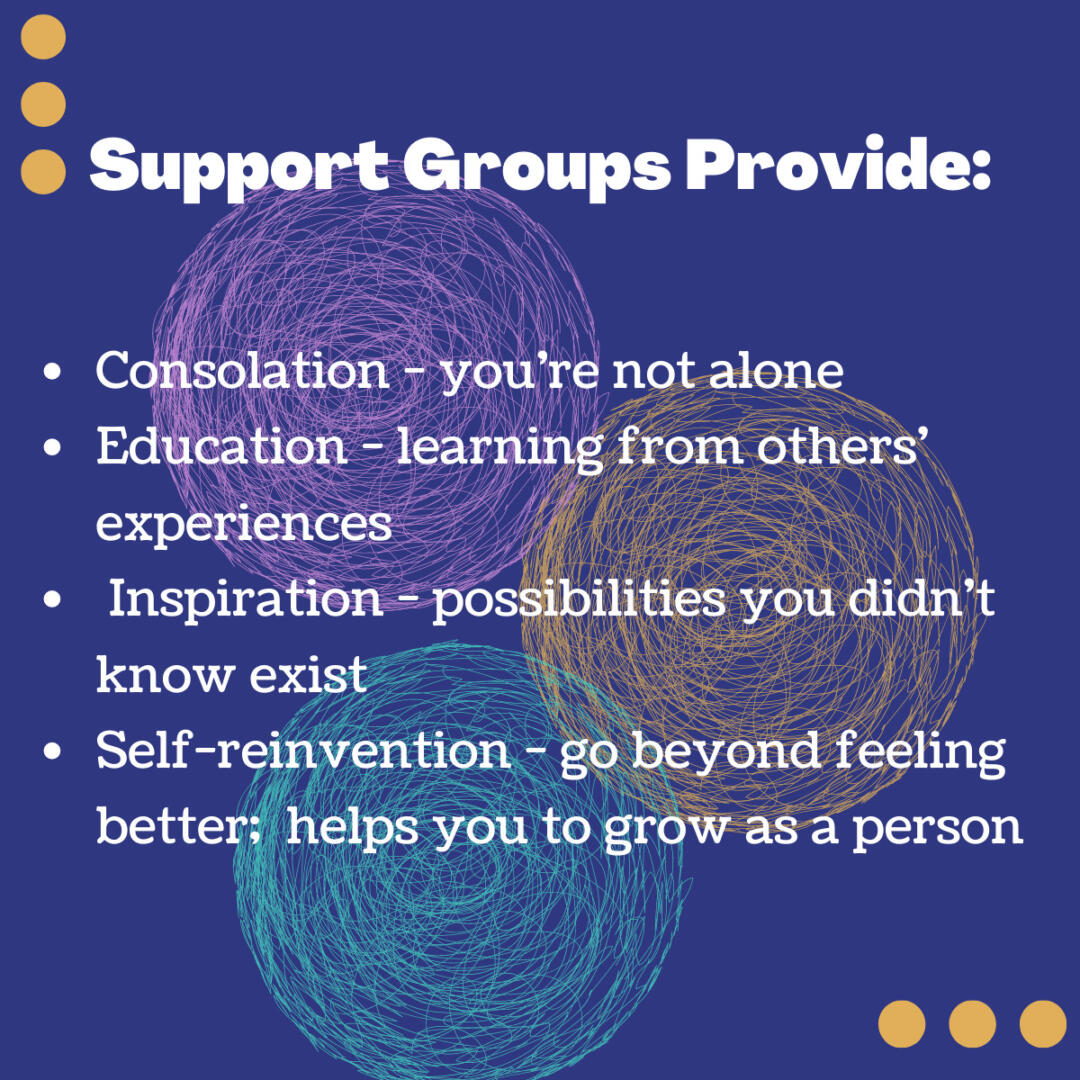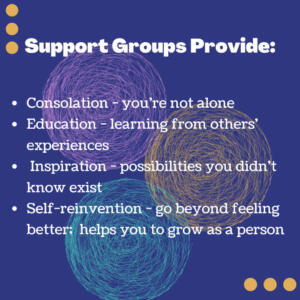Once a support group skeptic,  Robert Scanlan, now teaches social work students at USC about the importance of support groups and how to run them. He’s learned a lot over the years, and he has some advice for his fellow transplant recipients.
Robert Scanlan, now teaches social work students at USC about the importance of support groups and how to run them. He’s learned a lot over the years, and he has some advice for his fellow transplant recipients.
A Transplant Community Alliance board member, Robert is no stranger to the challenges of organ transplant. He had an urgent liver transplant in 1998; then a liver and kidney transplant 10 years later. As any transplant recipient knows, his life was completely uprooted each time. His book, Tigers Under the Bed: Life Lessons Tamed During Three Organ Transplants details his experience.
Bob said he resisted the idea of a support group at first. Despite all the struggles he encountered after his first transplant, he says: “I was a guy, I didn’t want to go to groups.” But he knew something needed to change and eventually, “It became clear it was up to me to do that.”
So, off he went to his first support group meeting. And the rest is history? Well, not exactly.
Bob’s first support group greeted him warmly. But somehow the group didn’t meet the need he was seeking to fulfill. He sought more than a ‘coffee-klatch’ environment. Later at a different support group, Bob became fully engaged. And he found that the more he participated, the greater the benefit – for both himself and others.
I gleaned a lot of wisdom from Bob during our conversation. His advice helps everyone, from those who are wary of support groups to those who facilitate them as part of their job.
First, what exactly is a support group supposed to provide?
- Consolation – knowing you’re not alone
- Education – knowing what to expect (and learning it from those who can really relate to what you’re going through)
- Inspiration – seeing
- possibilities you might not be able to believe in right now

- Self-reinvention – a good support group doesn’t just make you feel better. Making new connections with others can help you grow as a person.
One thing to keep in mind is that support groups can truly “be” for anyone who needs support. New transplant recipients and families who have no idea what to expect benefit tremendously from attending groups. Just as well as, veteran transplant recipients and families.
Bob says it’s important to have “old blood and new blood”. The best groups have a mix of those with experience as well as those who are looking for information. No matter who you are, you have something to offer and something to gain from joining a support group. It can be easy to let fears and worries take over. Try to keep it in perspective.
Okay, you’re going! What aspects should you look for in your new group? It’s important that groups have clear ground rules. For example, it’s good to have guidelines like a time limit on how long one person can talk, or rules about cell phone use. These should be clearly stated at the beginning of the meeting so everyone knows what to do. Groups will also want to minimize technical words and jargon, so everyone understands what is being said.
Bob also describes the “Dr Phil Syndrome” – a group member who tries to tell everyone what to do. It’s one thing if someone specifically asks for suggestions about how to handle a problem. But nobody wants unsolicited advice, especially from the same person over and over.
Another thing to keep in mind is important subjects not being broached. Does it feel like there’s an elephant in the room? Does the discussion seem overly superficial? It could be a sign that the group has some room for improvement before it can be fully supportive of all its members. Ideally anyone should be able to bring up anything that’s bothering them.
What can you do if you notice some areas that are lacking?
- Speak to the moderator.
- Bring it up in the group.
- If all else fails, try another group. The first one wasn’t right for Bob, either.
So you ready to get started. Here’s some ways to locate a support group:
- Transplant Community Alliance has a support group via Zoom every Thursday at 7pm. You can get the Zoom link by emailing: info@TransplantAZ.org or calling 602-277-2661
- Ask your transplant team.
- Transplantliving.org allows you to search for support groups by state



Leave A Comment